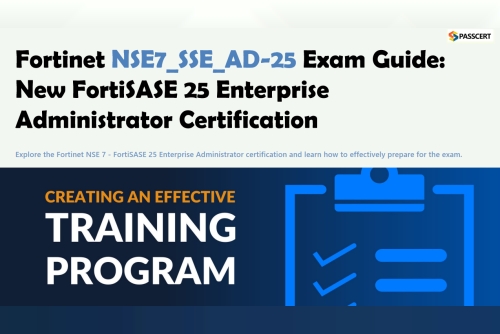When it comes to towing, one of the most crucial components that ensures safety and stability is the Trailer Hitch. Whether you're transporting goods, hauling recreational vehicles, or carrying a trailer, the hitch is an essential piece of equipment that connects your vehicle to the load. It’s important to select the right one, as the wrong trailer hitch could compromise safety and performance.
A Trailer Hitch serves as the interface between the vehicle and the trailer. It is a mechanical device attached to the rear of the vehicle, providing a secure connection for towing. There are different types of hitches available, depending on the size of the load and the type of vehicle you have. Some are designed for light-duty tasks, while others are capable of handling heavy-duty loads. It’s important to choose a hitch that aligns with your towing needs and the capacity of your vehicle.
For light-duty needs, such as towing a small camper or a lightweight trailer, a Class I or Class II hitch would typically be sufficient. These hitches are designed to support towing capacities up to 3,500 pounds. For those who require more strength, such as towing a large boat or a heavy cargo trailer, Class III and Class IV hitches can support loads ranging from 5,000 to 12,000 pounds or more. The heavier the load, the stronger the hitch must be, as well as the towing vehicle’s capabilities.
Additionally, the design of the Trailer Hitch plays a crucial role in ensuring the safety and functionality of the towing process. It should be properly installed and securely fastened to the frame of the vehicle. A well-installed hitch will not only support the weight of the trailer but also ensure smooth towing without swaying or instability. This is particularly important for drivers who travel long distances or encounter challenging road conditions.
In addition to the weight capacity, it’s essential to consider other factors, such as the towing accessories that may be needed, including electrical connectors, ball mounts, and safety chains. These accessories ensure that the connection is secure and that the trailer’s lighting, turn signals, and brakes function properly while in transit.
The condition of the Trailer Hitch is also critical for ensuring the safety of the tow. Regular inspection is necessary to identify any signs of wear or damage. Corrosion, rust, or cracks in the hitch could affect its strength and stability. Over time, towing heavy loads can wear down the hitch components, leading to potential failure. Therefore, proper maintenance and periodic checks are vital to avoid accidents and ensure the longevity of the hitch.









 NSE 7 - FortiSASE 25 Enterprise Administrator NSE7_SSE_AD-25 Dumps
NSE 7 - FortiSASE 25 Enterprise Administrator NSE7_SSE_AD-25 Dumps


